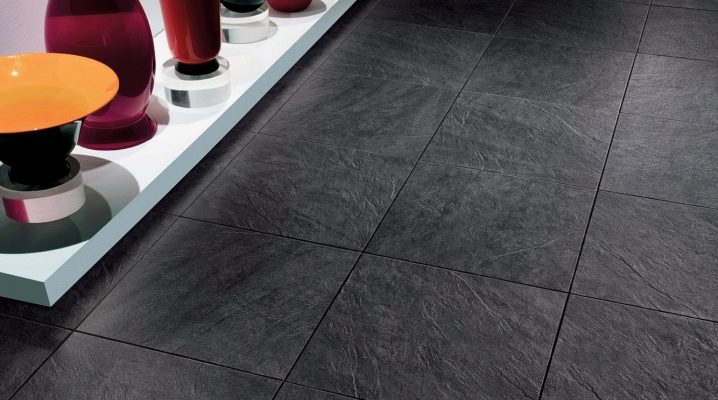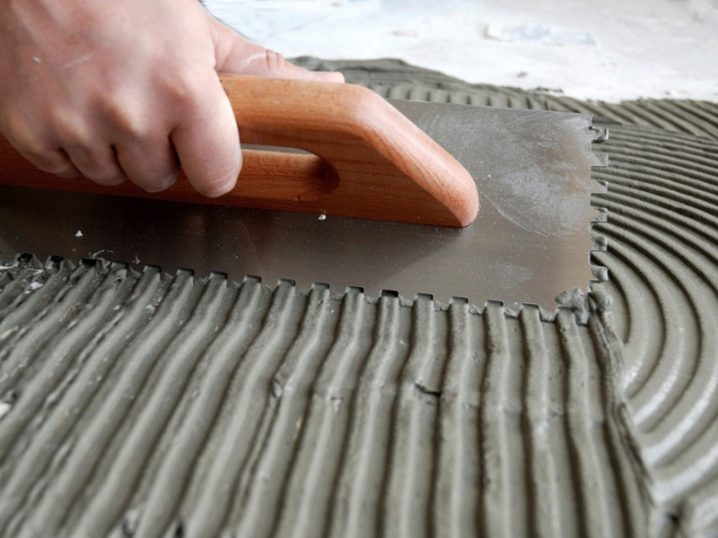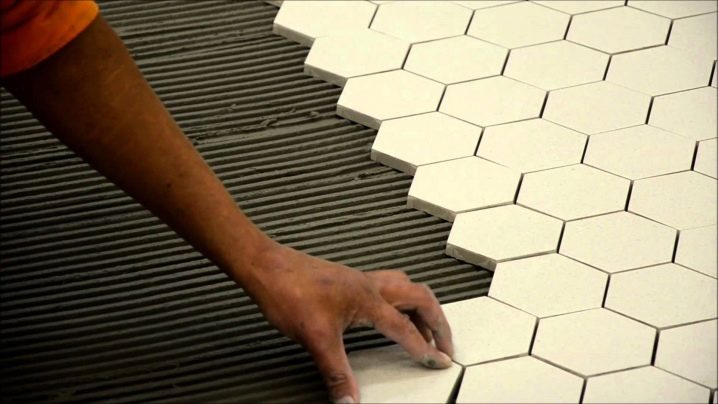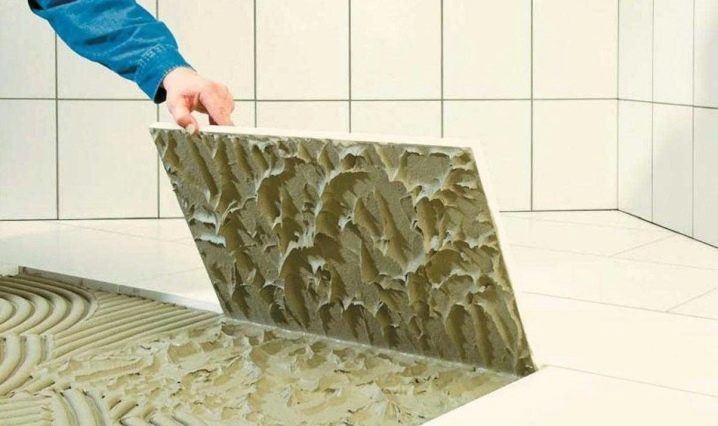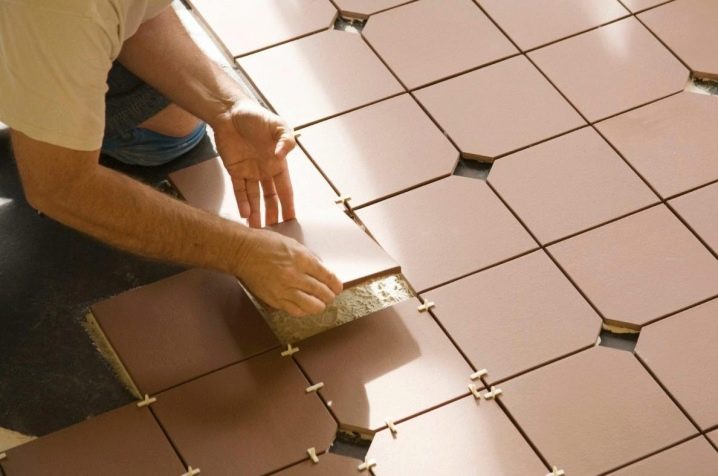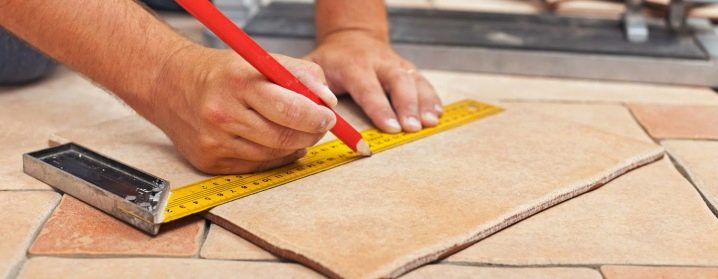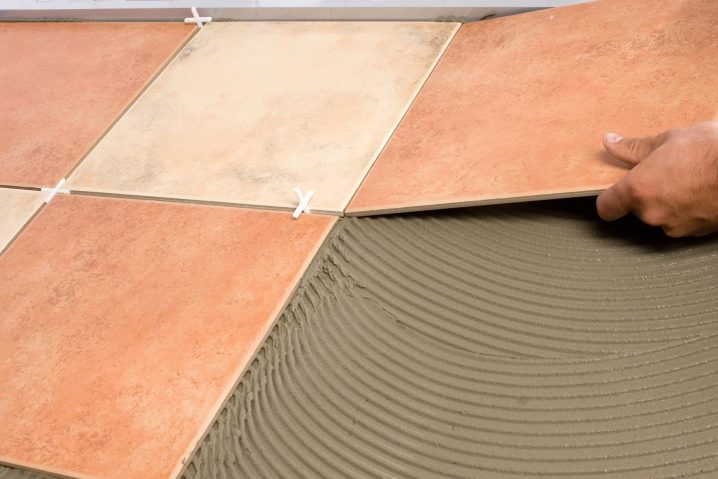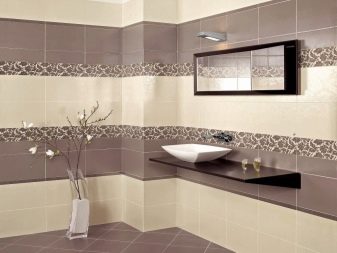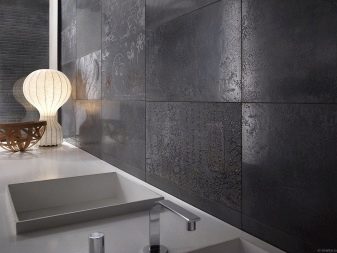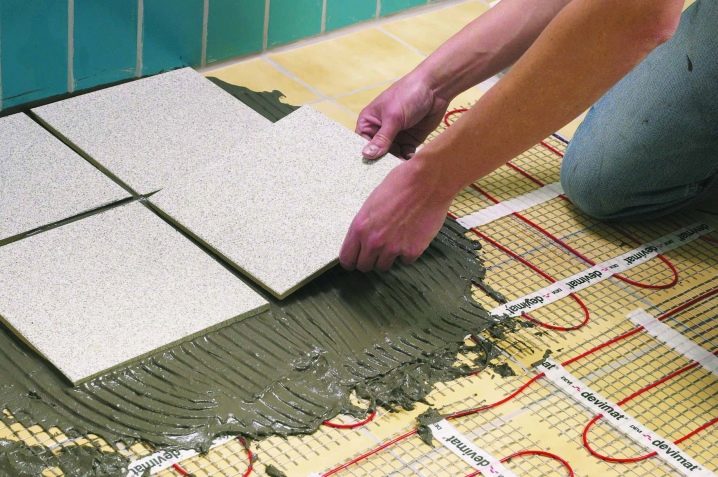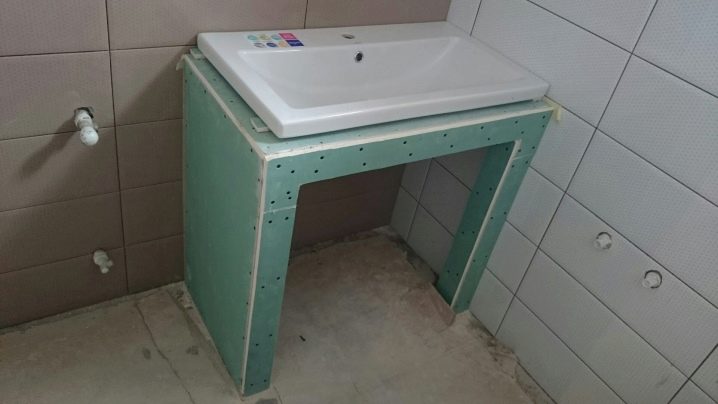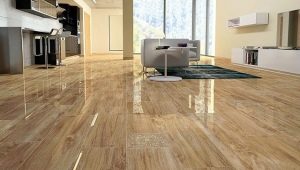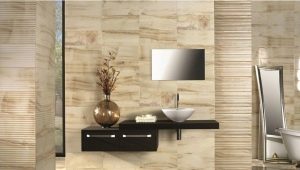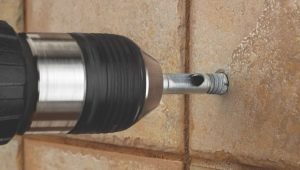Glue consumption for ceramic granite tiles per 1 m2
The modern market is quite diverse when choosing tile adhesives, but the installation itself is not a cheap pleasure. Therefore, the calculation of the required composition will be a very tangible savings. In particular, such calculations are justified if the laying area of porcelain stoneware is large.
Kinds
The flow of glue affects a lot of indicators, first of all it is a type of composition. Distinguish: dispersion, epoxy and cement-based.
Dispersive
Its main composition is resin. The adhesive base has viscosity, plasticity and reliability. It is used for the purpose of laying tiles of minimal thickness. He sold in finished form, therefore, is in demand mainly among non-professionals.
There is also a negative aspect - poor waterproofing.
Cement
The main component that is clear from the name is cement.The popularity of the use of this species is justified by the ease of use, economy and low cost. Also with the help of such glue it is possible to produce work even in hard-to-reach places, and the dismantling of the tile is performed with the least loss.
To get the right amount of composition, you need to mix the water and part of the cement. Rubber based additives are allowed. The consumption of such a mixture is not more than 1.9 kg per 1 m² with a layer thickness of 1 mm.
Epoxy
The manufacture of the composition of this adhesive can not be attributed to the simple, in this regard, it is used only by professionals. The main components are resin and catalyst, which are mixed immediately prior to operation.
The main positive properties - moisture resistance, flexibility, strength, resistance to temperature changes. After drying, the solution does not shrink. Epoxy glue will afford even for people with average incomes.
Simple calculation method
Those who are far from construction and do not have a lot of practice in laying out ceramic tiles will be able to calculate without any problems how much adhesive composition is needed for ceramic granite.To do this, you need to know the product consumption of the most popular manufacturers on the market.
The package often indicates consumption per 1 m2 with a layer thickness of 1 mm:
- Eunice - 1.2 kg / m2;
- Ceresite - 1.6 kg / m2;
- Hercules - 1.5 kg / m2;
- Knauf - 1.1 kg / m2;
- Lithokol - 1.5 kg / m2;
- EC - 1.1 kg / m2.
Another easy method for calculating the estimated consumption of glue is to multiply half the tile thickness in mm by the value corresponding to the cost of 1 m² at a layer thickness of 1 mm. The amount received as a result will be an approximate consumption rate.
However, not always everything is as easy as it seems at first glance. The required amount is influenced by the properties of the base, the size and weight of the products, the temperature conditions of application and subsequent operation.
Website with a "calculator"
On some construction sites, convenient programs have been created to assist in preparing for repairs. Automatic calculations of the required amount of material can be made using a specially designed for this “calculator”.
Calculations with the formula
For the calculation should be: the dimensions of your tiles and the area of the area under the coating. It is necessary to divide these two values - the surface area per tile area.
For clarity, we take the calculation of the ceramic granite tile size 10x10. If its area is 100 cm², then 100 pieces per 100 m²: 10000: 100 are needed. We need 2 mm layer thickness. The weight of the packaged glue is 1.3 kg. Multiply these values and get the total amount: 2.6 kg per 1m² of surface. On the surface area of 20 m², you need 52 kg of adhesive.
Calculation for walls and plasterboard floors
For work on laying tiles, experienced builders recommend using a spatula "8". The dimensions of the tile are usually 30x30 standard sizes, therefore, 5 kg of glue will be required for 1 m².
Also it is worth remembering that the floors in the rooms may be uneven, because of this, the consumption increases, pay attention to this, as it may not be enough.
Calculating the need for a drywall adhesive is simpler than a similar calculation for a tile. Approximate costs for drywall - not less than 1.8 kg / m².
Tips for calculating glue - in the next video.
